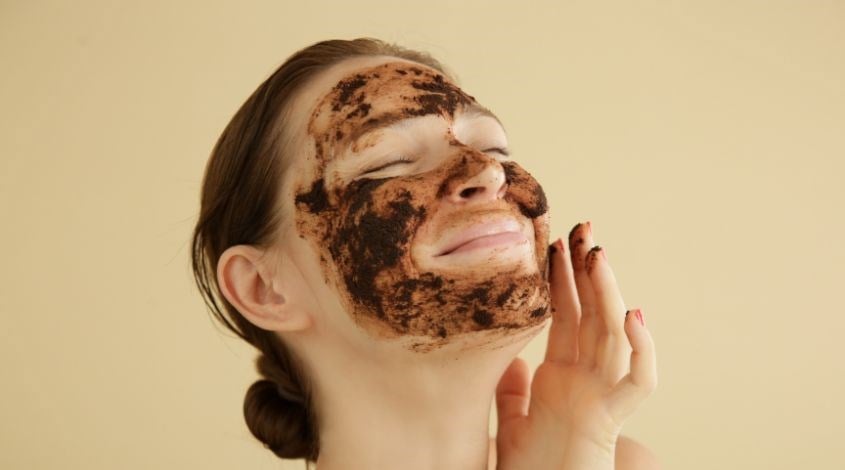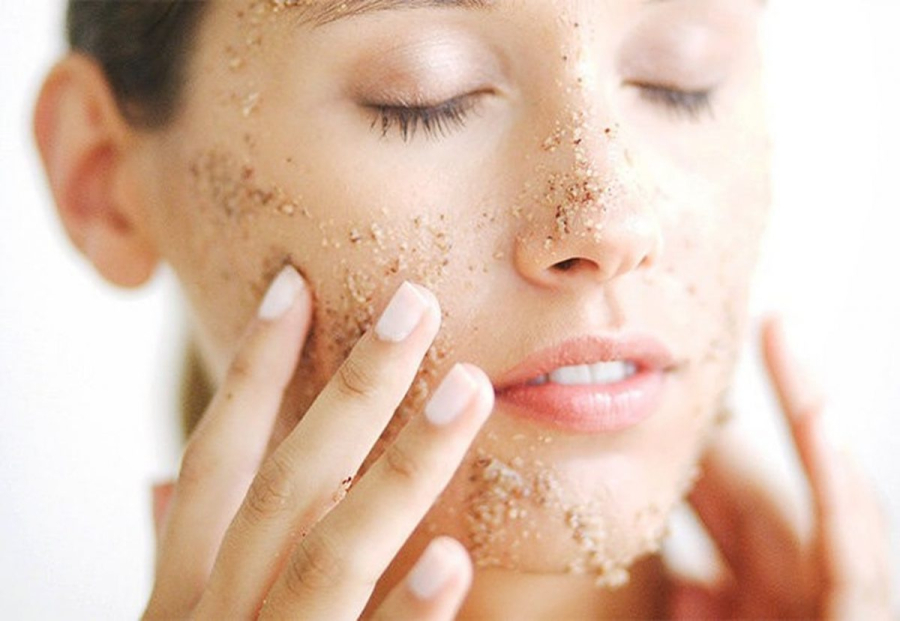Exfoliation is an important step in any skincare routine, as it helps remove dead skin cells, unclog pores, and promote skin regeneration. As per Healthline, when done right, exfoliation can lead to smoother and healthier-looking skin. However, using inappropriate products or over-exfoliating can lead to irritation, dryness, and even skin damage. Therefore, understanding your skin type and choosing the right exfoliation method is essential to protect and nurture your skin.

## Exfoliation Methods for Different Skin Types:
1. **Dry Skin**: Dry skin is characterized by small pores, low sebum production, but prone to flaking and tightness. Over-exfoliation can strip away the natural oils, making the skin more sensitive. Hence, those with dry skin should exfoliate gently, ranging from once every two weeks to once a month. Opt for gentle exfoliants with moisturizing ingredients to prevent irritation.
2. **Oily Skin**: Oily skin is marked by large pores and excessive sebum production, leading to a buildup of dirt, dead skin cells, and increased acne risk. Exfoliating regularly, about 1-2 times a week, helps control excess oil and keeps the skin clear. Look for exfoliants containing beta-hydroxy acid (BHA) for effective deep cleansing.

3. **Combination Skin**: Combination skin has an oily T-zone (forehead, nose, and chin) and drier cheeks. A customized exfoliation routine is necessary. Exfoliate the oily areas more frequently, while being gentler on the dry regions to prevent dehydration and irritation.
4. **Sensitive Skin**: Sensitive skin is reactive to exfoliants, so choose mild ingredients and avoid harsh physical exfoliation methods. The ideal frequency is about once a month or as your skin adjusts. If irritation occurs, reduce the frequency or switch to a gentler method.
## Post-Exfoliation Skin Care:
According to WebMD, exfoliated skin becomes more sensitive as the outer protective layer has been removed. This makes the skin more prone to dehydration, irritation, and environmental damage. Therefore, proper post-exfoliation care is crucial:
– **Moisturize**: After exfoliation, the skin is more receptive to nutrients. Applying moisturizer helps maintain hydration and speeds up recovery.
– **Sunscreen**: Exfoliated skin may be thinner and more vulnerable to UV damage. Use sunscreen to protect your skin.
– **Avoid Over-Cleansing**: Refrain from using deep cleansing products immediately after exfoliation to prevent skin damage.
If your skin shows signs of redness, irritation, or dryness after exfoliation, reduce the frequency or choose a milder product. Conversely, if your skin remains healthy and non-reactive, you can maintain your exfoliation routine to ensure smooth and glowing skin.





































